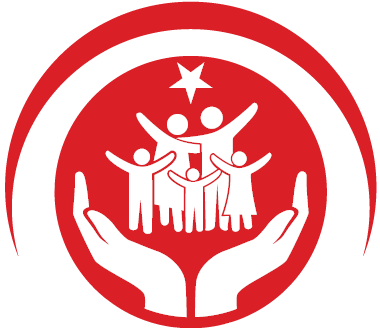Osmaniye Korkut Ata University
School of Foreign Languages Policies
School Policy
- To strengthen the institutional infrastructure of our School of Foreign Languages.
- To ensure the effectiveness of our quality management system.
- To enhance our technological infrastructure to support modern language education.
- To increase collaboration with external stakeholders such as universities, language institutions, and examination centers to support the professional and linguistic development of our students.
- To adopt and implement a student-centered, interactive teaching and learning policy aligned with international language education standards (e.g., CEFR).
Education and Training Policy
- To train individuals who are aware of professional and ethical values in language education.
- To collaborate with national and international institutions that can support students in improving their linguistic and academic competence.
- To prepare students with the necessary skills and knowledge to use English and other foreign languages effectively in academic, professional, and everyday contexts.
- To design curriculum and assessment processes in accordance with CEFR levels (A1–C2), supporting students in achieving measurable language outcomes.
Research and Development Policy
- To conduct research in line with the evolving needs of language education and applied linguistics.
- To build the necessary infrastructure and support mechanisms for producing qualified academic publications and language-related studies.
- To encourage research activities by both faculty and students, particularly in the areas of language acquisition, testing, technology in language education, and curriculum design.
Quality Policy
- To foster a culture of quality that supports scientific research, evidence-based teaching practices, and continual improvement.
- To establish mechanisms that provide students with the best possible language learning resources and academic support.
- To engage regularly with internal and external stakeholders (students, graduates, instructors, partner institutions, etc.) for feedback and development.
- To prioritize student-centeredness in all educational activities.
- To promote interdisciplinary collaboration and equip students with the ability to work across different academic and cultural contexts.
- To encourage innovative approaches to language teaching and assessment.
Well-being Policy
- Acknowledging that the well-being of students, academic and administrative staff is key to institutional success.
- To provide students and staff with opportunities and facilities that enrich their time outside of academic activities.
- To fulfill the needs of all stakeholders by adhering to the principles of an inclusive and accessible "barrier-free" campus.
Human Resources Policy
- To recruit and retain qualified professionals who contribute to the mission of language education.
- To value the contributions of all members of staff and invest in their continuous professional development.
- To foster a productive and inclusive working environment that enhances motivation and efficiency.
Institutional Communication Policy
- To guide all communication activities between our School and external stakeholders (e.g., students, international partners, examination boards).
- To support internal and external interaction in a way that strengthens our institutional image and reinforces our identity as a quality-oriented language teaching institution.
Görüntülenme Sayısı: 434



 Refectory Reservation
Refectory Reservation